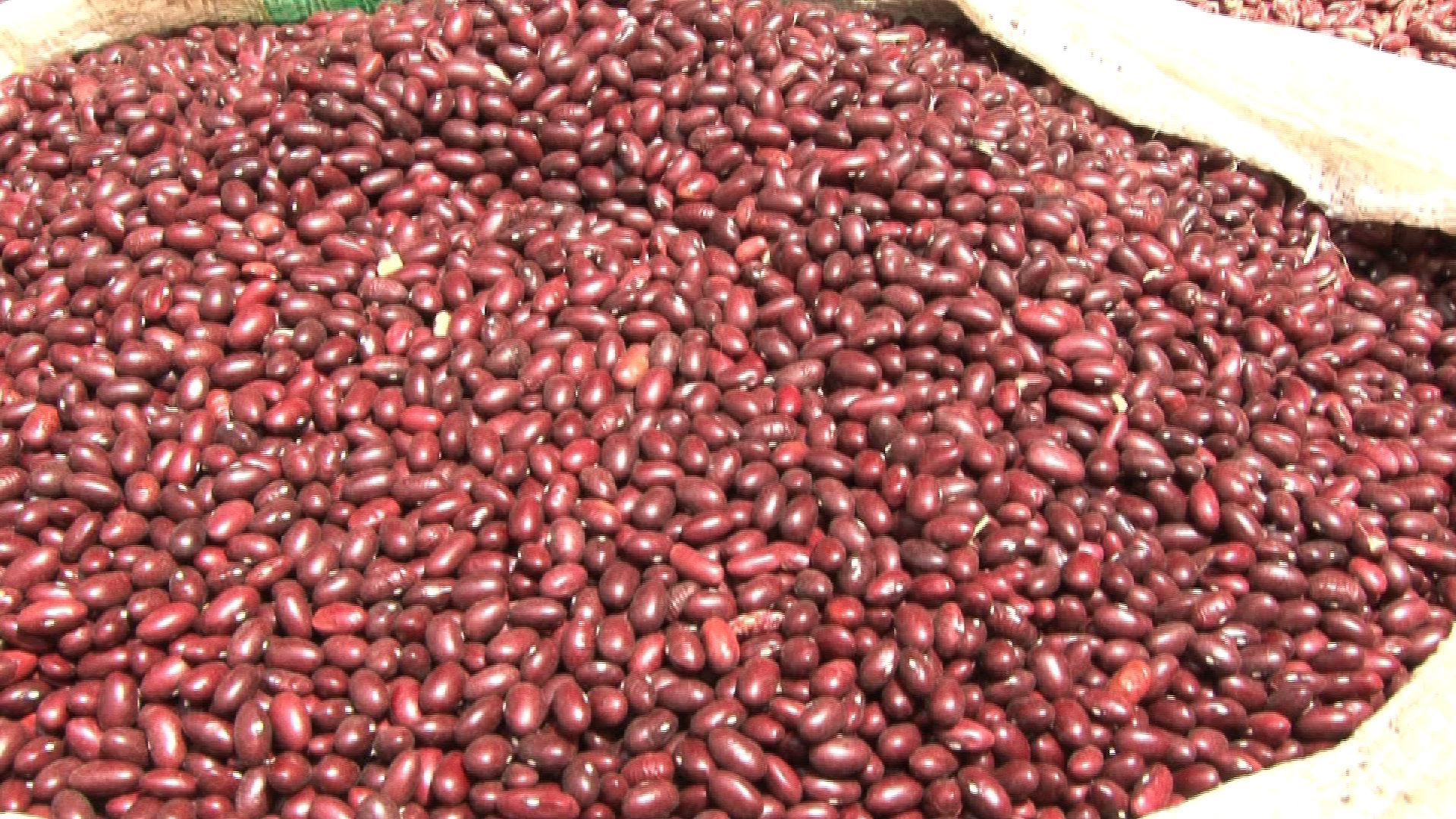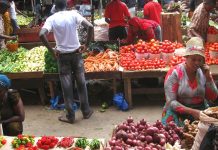AfricaPress-Tanzania: FARMERS growing common beans in Tanzania are likely to incur losses resulting from temperature rise and changing weather patterns in the next 30 years, according to a climate study.
The study, conducted in the context of the Climate Resilient Agribusiness for Tomorrow (CRAFT) project, shows that there is an increase in the number of consecutive dry days (CDD) which could lead to high incidences of drought.
This would have a significant impact on rain-fed agriculture, including bean production.
Beans production areas in the southern parts of the country such as Mbeya, Iringa, western parts of Ruvuma, and the southern regions of Morogoro are likely to be worst affected by the frequent and severe drought expected in the region.
A relatively better condition for beans production is expected in the northern parts of the country particularly Manyara and Tanga districts.
“During both the short and long rainy season, the model projection for mid-century (2050) shows a temperature rise of about 2.8 Celsius and 2.4 Celsius for the western and eastern parts of Tanzania respectively under the business as a usual scenario (RCP8.5 scenario),” the study states.
CRAFT, which specifically targets growers of sunflower, soybeans, sesame, common beans, potatoes and sorghum value chains in Tanzania, Kenya and Uganda, is a project funded by the Netherlands Ministry of Foreign Affairs.
It is implemented by SNV Netherlands Development Organisation in partnership with Wageningen University and Research (WUR), CGIAR’s Research Programme on Climate Change, Agriculture and Food Security (CCAFS), Agriterra and Rabo Partnerships.
The study was specifically developed by CCAFS and Wageningen Environmental Research, with contributions from SNV and consisted of climate projections and climate change impact assessments on crop water stress.
Water stress is one of the major limiting factors that determines common bean yield. The study shows that if climate mitigation and intervention measures are not put in place, then by the 2050s, rising temperatures and declining rainfalls will increase water stress on common beans and reduce yields especially during the rainy season.
From a precipitation point of view, the study shows that the seasonal mean rainfall in the northern parts of the common bean growing areas such as Manyara, Tanga, Kilimanjaro and northern parts of Morogoro is expected to increase by about 20-30 per cent in both two seasons of the year.
“In the central and eastern portion of the country, the seasonal mean rainfall is also expected to slightly increase by up to 10-15 per cent, especially in the Masika season,” the study adds.
Basing on the projected temperature and its impact on the growing of common beans, CRAFT conducted a field survey on climate change and its impact among different stakeholders in the common beans value chain.
The survey, which covered Arusha, Manyara, Kilimanjaro, Mbeya, Songwe and Katavi regions, was conducted in April 2019.
Smallholder farmers said they experienced an increase in extreme temperature, with a large majority of them reporting that droughts had increased. The majority of all stakeholders reported that climate change had a negative impact on the production and productivity of common beans.
A climate risk assessment workshop, organised as part of the project, recommended that farmers should adopt early maturing varieties as a way of adapting to climate change.
They also recommended the adoption of crop clinics and mechanisation centres as well as conservation agriculture practices (such as zero tillage, mulching) as well as irrigation and tree planting to mitigate the impact of climate change on common bean farming.



